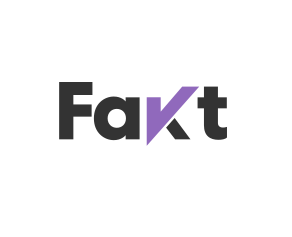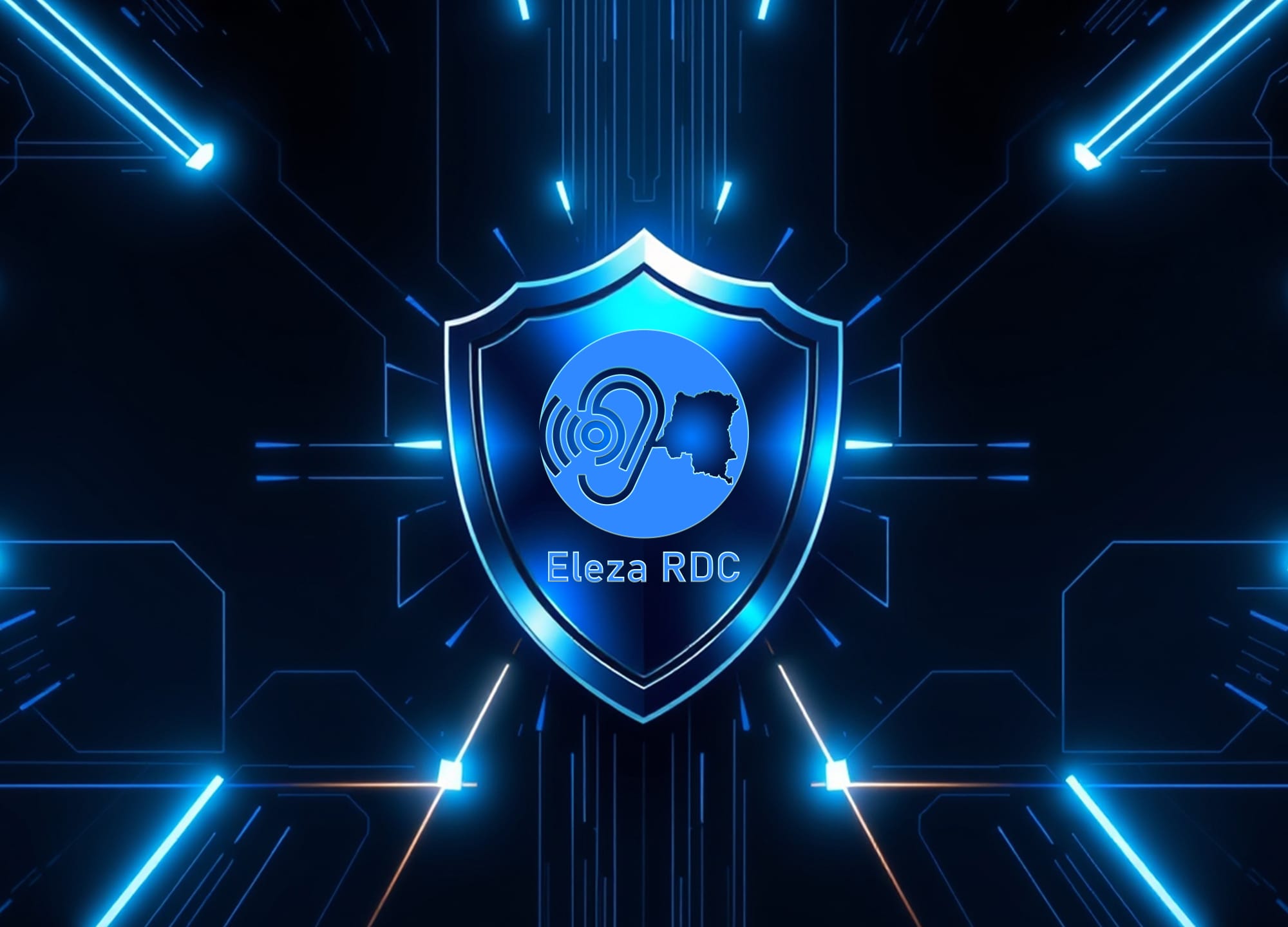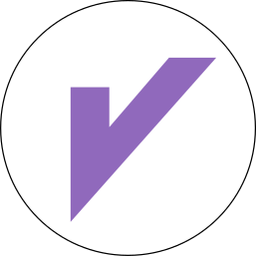En République démocratique du Congo, des fausses informations sécuritaires et sanitaires ne cessent de se multiplier au quotidien. Le contexte actuel de ce pays peut mieux expliquer ce phénomène suite à des violences dans la région des Grands Lacs caractérisées par des tensions entre pays.
La RDC accuse le Rwanda de soutenir le groupe rebelle du Mouvement du 23 Mars (M23) actif dans la province du Nord-Kivu, une province voisine de ce pays que dirige Paul Kagame. De l’autre côté, des épidémies auxquelles fait face la RDC depuis des années ont favorisé la multiplication des fausses nouvelles. De Ebola jusqu’à M-pox en passant par Covid-19, ces maladies ont secoué le domaine médiatique congolais. C’est dans ce contexte qu’Eleza Fact, média spécialisé dans la vérification des faits depuis 2022, s’est engagé dans une lutte contre la désinformation, en particulier sur les questions sécuritaires et sanitaires.
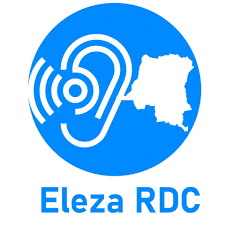
Esdras Tsongo, Co-fondateur et Rédacteur en chef à Eleza Fact, dit avoir été motivé par le fait de constater que «les dangers liés à la désinformation sont particulièrement préoccupants dans notre région, déjà fragilisée par la guerre. Amplifiée par les réseaux sociaux, qui représentent désormais la principale source d’information pour beaucoup, cette désinformation trouve un terrain fertile en l’absence de régulation adéquate en RDC.»
Dans cette optique, souligne-t-il, «nous nous sommes concentrés sur les questions sécuritaires et sanitaires avec une approche plus communautaire. Ces deux thématiques résonnent avec le quotidien des congolais.»
En RDC, le taux de pénétration d’internet reste faible avec seulement 0.03% pour l'internet fixe et 27% pour l'internet mobile. Cette situation limite l’accès de nombreux citoyens aux opportunités offertes par les nouvelles technologies de l’information et de la communication. Pour vulgariser les informations vérifiées auprès d’une audience plus large, Eleza Fact a choisi de s’intégrer au sein des communautés locales et de collaborer avec d’autres médias.
«Nous avons intégré aussi bien les journalistes que des membres de la communauté afin de nous aider à faire le monitoring des rumeurs qui circulent et à les vérifier dans un délai plus court. Étant donné que la majorité de la population reste déconnectée, nous privilégions des canaux alternatifs comme les radios communautaires. Certains articles de vérification peuvent être convertis en audiogrammes et traduits en langues locales pour toucher un public large. Le désordre informationnel représente un danger qui ne fait qu’aggraver la crise humanitaire», a-t-il déclaré.
Eleza Fact ne se limite pas seulement à la vérification des faits mais s’est également engagé dans l’éducation aux médias et à l’information générant un impact positif au sein de la communauté.
«Nous cherchons à contribuer à l’amélioration de la qualité de l’information en RDC à travers des formations sur le fact-checking et l’éducation aux médias. Cette année 2024, nous avons reçu à former 80 journalistes et responsables des médias dans 3 provinces dont Kindu, Ituri et Nord Kivu. Nous avons aussi encouragé la collaboration inter-médias pour coordonner les efforts pour lutter contre les fausses informations en Ituri et Sud-Kivu», ajoute Esdras Tsongo.
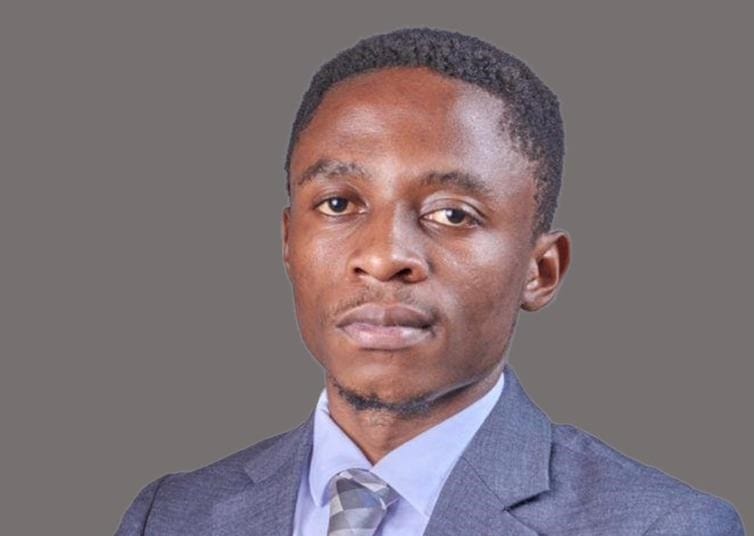
Eleza Fact est confronté à de nombreux défis, parmi lesquels l’accès aux sources d’information, comme l'a rappelé Esdras Tsongo.
«Les sources, qui doivent normalement outillés nos recherches, sont souvent difficiles à trouver. Un autre défi majeur concerne la sécurité des fact-checkers, qui n’est pas garantie. Dans un environnement politique parfois tendu, certains sujets d’intérêt public soient écartés par crainte d’être arrêtés ou intimidés par des individus mal intentionnés. Avec plus de 200 langues locales en RDC, les journalistes d’Eleza Fact doivent adapter leurs contenus pour atteindre efficacement l’audience, une tâche complexe sans un bon financement», martèle-t-il.
Par rapport aux ambitions pour les années à venir, Eleza Fact veut se positionner comme une référence dans le fact-checking en intégrant la notion de l’intelligence artificielle.
«L’intelligence artificielle prend ses quartiers dans l’amplification de la désinformation rendant notre travail encore plus complexe. C’est pourquoi nous, acteurs, voulons un projet basé sur l’IA pour lutter contre la désinformation dans dans les domaines de la santé et de la crise sécuritaire dans la région de Grand-Lacs grâce à un outil d’IA générative, contrôlé par une équipe de chercheurs, journalistes et fact-checkers séniors indépendants qui maîtrisent en profondeur la situation sanitaire et politique de la RDCongo et de la région des Grand-Lacs», conclue-t-il.
Il est de plus en plus difficile de distinguer le vrai du faux, l’authentique du factice, dans tout ce qui circule sur les réseaux sociaux et la République Démocratique du Congo n'échappe pas à ce fléau.
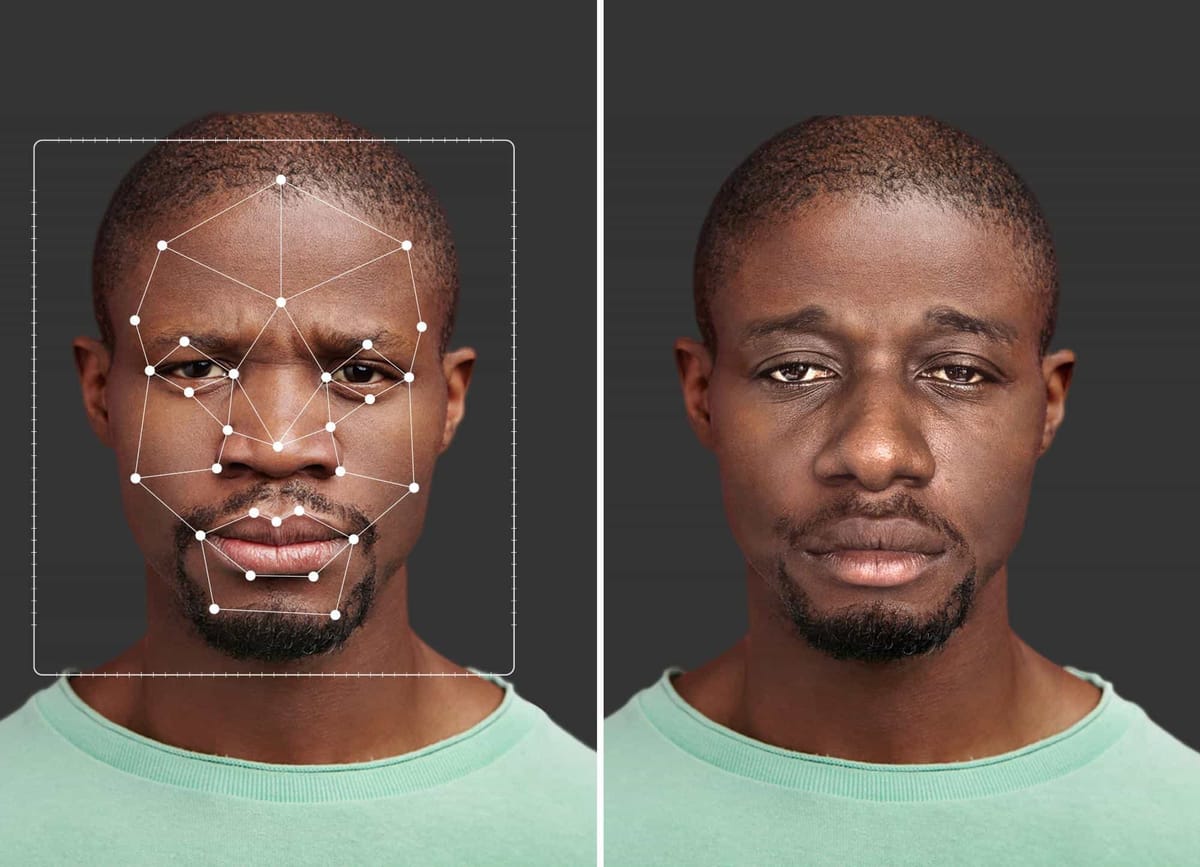
Fidèle KITSA

